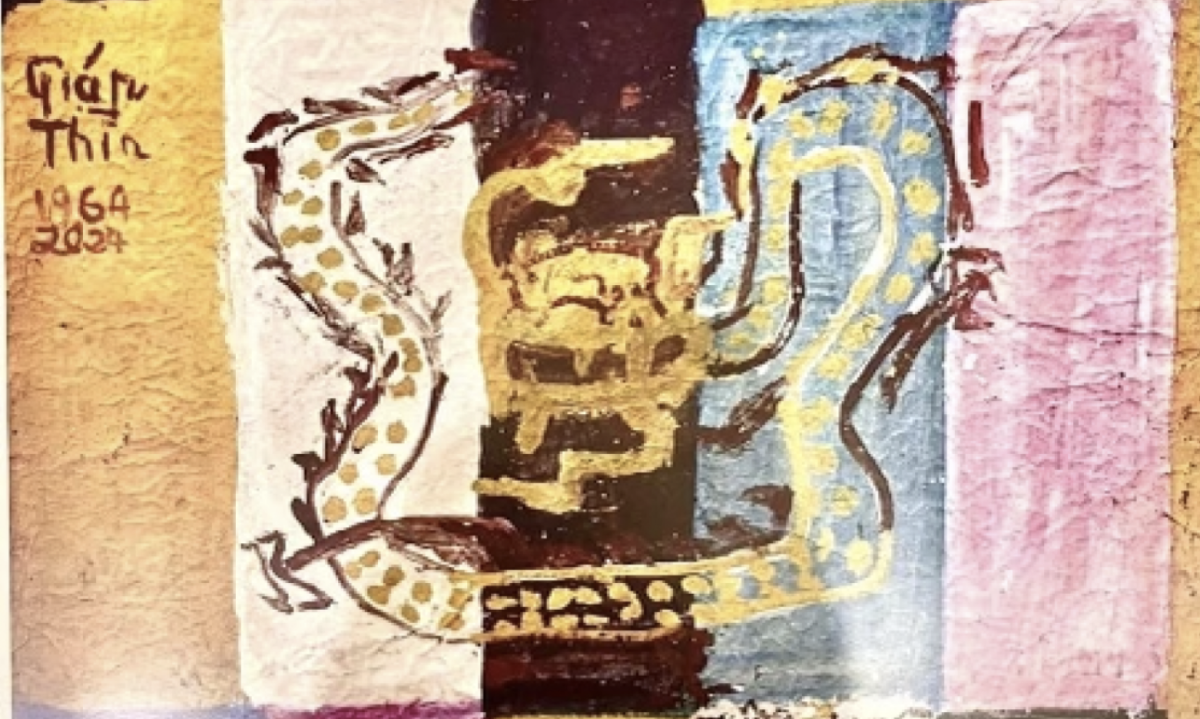
The Metamorphosis, a novel by Franz Kafka, is a story about an unusual change that occurs in the life of Gregor, the story’s protagonist.
After providing for his parents and his sister for as long a time as he has, waking up one morning to find that he has transformed into an overly large beetle of sorts doesn’t faze him as much as it should. As soon as he gets over the fact that he has a plated chest and multiple little legs that seem to wave around constantly, he tries to find a way out of bed since he is stranded on his concave back. After successfully reaching the floor and realizing that he is ridiculously late for work, Gregor attends to the people waiting at his bedroom door; his mother, father, sister and superior at work. Up until that point, he had been able to communicate with words but he eventually undergoes further transformation and as a result, speaks unintelligibly, terrifying the people who care about him. The Metamorphosis story tells the story of Gregor’s life as an insect and the interactions he has with his family thereafter.
The story was written in 1915 by Franz Kafka, an influential German-language writer born in Czechoslovakia. Kafka finished writing within twenty days but waited three years to publish the story. The nature of the writing, the style in which it is told, and the bizarre plot surprised critics of the time. To this day, it is still considered a shocking story.
When first setting out to read The Metamorphosis, I was slightly “weirded-out” by Gregor’s metamorphosis and his acceptance thereof. As I carried on reading, I was drawn in by the author’s bluntness and appraisal of Gregor’s family in the story. By the time I got to the end of the story, I no longer found it strange that the protagonist was an overly large beetle. It appeared normal that Gregor was an insect and the story’s conclusion seemed inevitable. This book is an excellent look into psychology and how easily people can accept the unacceptable. Overall, it is a well-written, riveting novel that can capture the reader’s attention.







